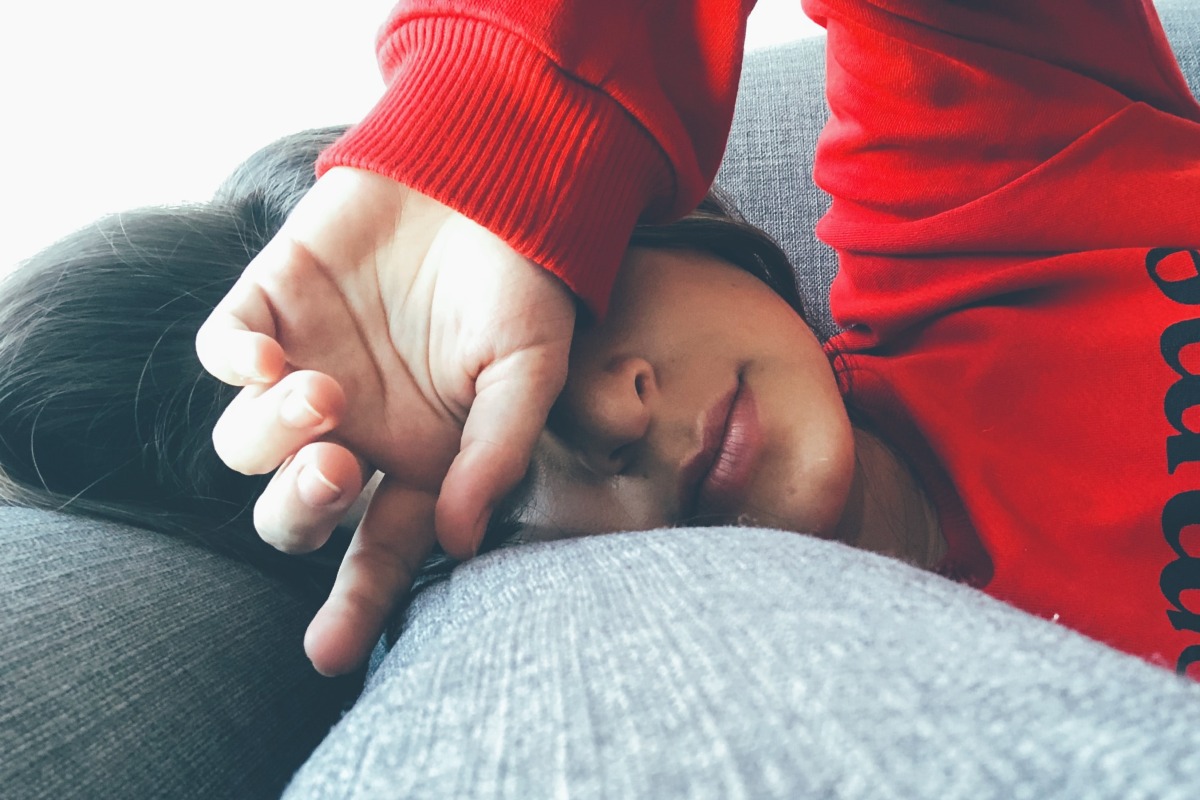
In July of 1981, TIME magazine published an article titled “Cocaine: Middle Class High” that claimed cocaine didn’t lead to addiction. The author labeled it a high-class drug. Despite the misconceptions, cocaine is an addictive psychostimulant that puts people’s safety, health, and lives at risk.
Drug treatment allows people with a stimulant addiction to seek a better life. On the path to recovery, people addicted to cocaine will go through withdrawal symptoms. Much like other substances, withdrawal symptoms vary based on the potency, frequency and duration of use, and any comorbid mental disorders.
Cocaine Withdrawal Symptoms
Cocaine withdrawal will feel extremely uncomfortable at best and unbearable at worst. Acute withdrawal symptoms include:
- Anger outbursts
- Anxiety
- Bizarre nightmares
- Dehydration
- Depression
- Dizziness
- Fainting spells
- Fatigue
- Fast pulse
- Hallucination
- Increased appetite
- Irritability
- Migraines
- Mixed traits of insomnia and hypersomnia
- Musculoskeletal pain
- Psychosis
- Poor concentration
- Severe cravings
Unlike other drugs that cause predominantly physical symptoms, cocaine is known for creating overwhelming psychological distress. A person going through cocaine withdrawal may feel so mentally distressed that they even contemplate suicide. Whether a person decides to attend a medical detox facility or not, a doctor should monitor and regularly check in during withdrawal. Psychiatric medications may assist in easing mental symptoms.
Benefits of Medical Detox
Though most cocaine withdrawal symptoms aren’t fatal, medical detox programs offer many benefits for patients. Patients receive individual and group mental health counseling in a detox program. This allows them to start deconstructing their addiction as soon as possible. They’ll find camaraderie and support from people going through the same program.
Additionally, they’ll receive around-the-clock care from doctors, nurses, and psychologists. As such, the medical team can adjust medication whenever needed. Due to the constantly changing circumstances of withdrawal, this can mean the difference between danger and discomfort.
Some treatment facilities offer detox as well as rehab, allowing patients to go from detox immediately to rehab. This situation is ideal as it minimizes the chances of relapse. When a person relapses after starting the detox process, they’re at risk. Tolerance drops drastically as soon as a person stops taking cocaine. Relapse could mean overdose or death.
Frequent cocaine use often results in addiction. Cocaine use builds tolerance and dependence while disrupting a person’s ability to function. If you or someone you love is coping with a cocaine addiction, you will experience a variety of withdrawal symptoms, which can cause extreme psychological distress. At The Guest House, we can offer you a comfortable withdrawal process. We’ll help you manage your symptoms with medication-assisted treatment. You’ll start therapy immediately. Our treatment facility offers both detox and rehab, so you can continue your treatment with the same staff. When you’re ready to heal, call (855) 483-7800.